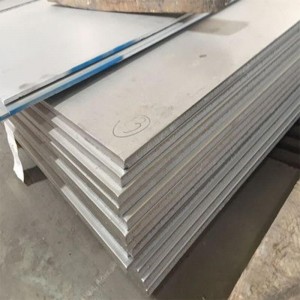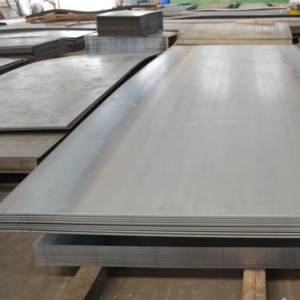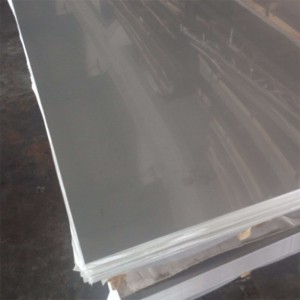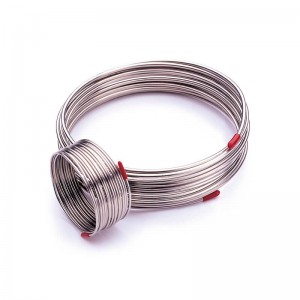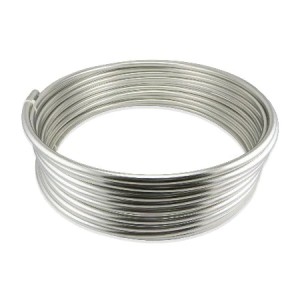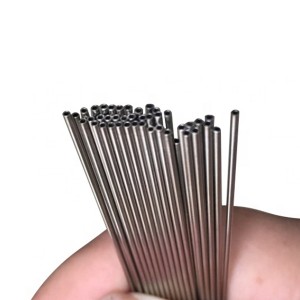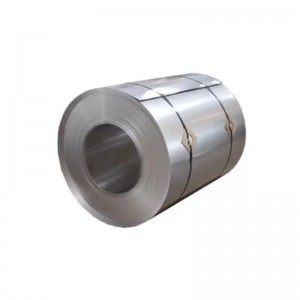310S stainless steel sheet factory spot sheet
Description
310 stainless steel plate is austenitic chrome-nickel stainless steel with excellent oxidation resistance, corrosion resistance, because of the higher percentage of chromium and nickel, 310S has much better creep strength, can continue to operate at high temperatures, has good high temperature resistance.
310S stainless steel shee is a medium carbon austenitic stainless steel, for heat applications such as furnace parts and hotness procedure tools. It is used at temperature levels up to 1150 ° C in continual service, as well as 1035 ° C in recurring solution. Stainless steel 310 coil (UNS S31000) is an Austenitic stainless steel developed for use in temperature corrosion resisting applications. However, due to its high chromium material (25%), 310S stainless steel shee is more deterioration immune than the majority of warmth resistant alloys. 310/310S Sheets & Plates are readily fabricated by standard industrial procedures. In comparing to carbon steel, stainless-steels are harder and also often tend to work harden quickly. ASME SA 240 Stainless steel DIN 1.4301 / 1.4306 / 1.4307 Sheet & Plate can be bonded utilizing all of the usual welding processes. 310S stainless steel shee can be quickly bonded and also refined by typical facility fabrication methods. 1.4845 is very appropriate for laser beam of light welding. To stay clear of getting too hot or burn-through of thinner sheets, greater welding rate needs to be used.
310S corresponds to the domestic brand 0Cr25Ni20, also known as 2520 duplex stainless steel.
310 stainless steel tube, 310S stainless steel tube specification: ф 1.0mm or more.
Material: 304, 304L, 321, 316, 316L, 310S, 630, 1Cr13, 2Cr13, 3Cr13, 1Cr17Ni2, duplex steel, antibacterial steel and other materials!
Application: petroleum, electronics, chemical, pharmaceutical, textile, food, machinery, construction, nuclear power, aerospace, military and other industries!
Quality management :ISO9001:2000 quality management system certification, production license and so on!
Note: we can customize stainless steel bar of various materials and specifications.
303 is a free cutting stainless steel containing sulphur and selenium respectively for applications where free cutting and high light intensity are the main requirements. 303 stainless steel improves cutting performance and high temperature bond resistance. Most suitable for automatic lathes. Bolts and nuts.
303 stainless steel is austenitic type free cutting rust resistant acid steel, in order to improve the performance of the steel, not more than 0.60% molybdenum can be added to the steel, Ablative resistance, good cutting and burning resistance. Mechanical properties of 303 stainless steel after annealing to relieve stress, tensile 515MPa, yield 205MPa, elongation 40%. The standard hardness of stainless steel 303 is HRB 90-100, HRC 20-25, note: HRB100 = HRC20.

Mechanical Properties
Mechanical properties:
Hardness (HB): 187 or less
Tensile strength (б B)(Mpa): ≥520
Yield strength (σ S)(Mpa): ≥205
Elongation (δ)%: ≥40
Area reduction (ψ)%: ≥50
310S stainless steel sheet Stainless steel through the local oxidation of chromium to make it oxidation resistance, in the process of local oxidation of chromium, can form a very stable oxide (Cr2O3 chromium oxide). As long as the chromium content of the metal is sufficient, a continuous layer of chrome oxide green can be formed on the metal surface to prevent the formation of other oxides and protect the metal. The oxidation resistance of austenitic stainless steel can be calculated by the chromium content. High temperature resistant alloys contain at least 20% chromium (100% by weight). Substituting a nickel component for an iron component also usually provides alloy performance at high temperatures. 309/309s and 310/310s are high alloy materials, so they have good oxidation resistance.
310S stainless steel sheet The main reason for annealing these alloys is to produce a recrystallized fine structure to achieve uniform grain size and to decompose harmful chromium carbide precipitates.
End
The experience content is for reference only. If you need to solve specific problems (especially in legal and medical fields), you are advised to consult professionals in related fields in detail.


